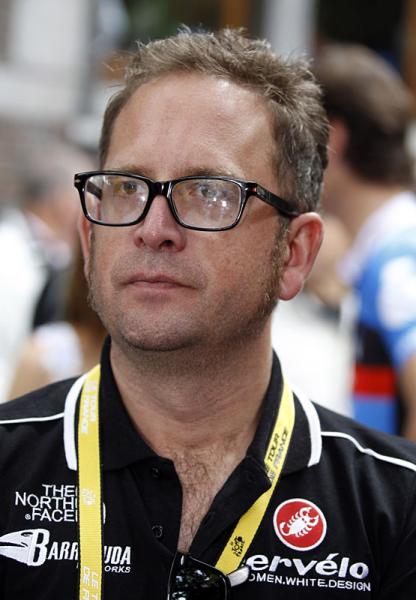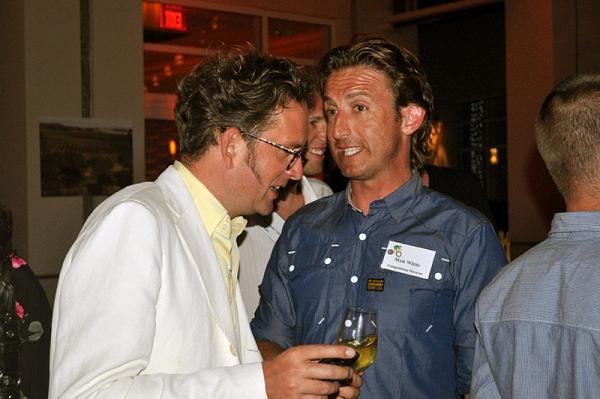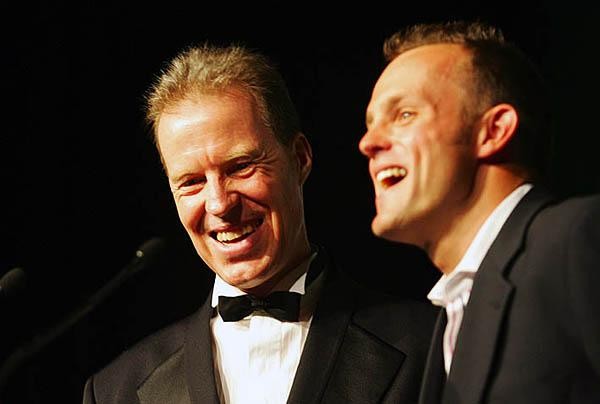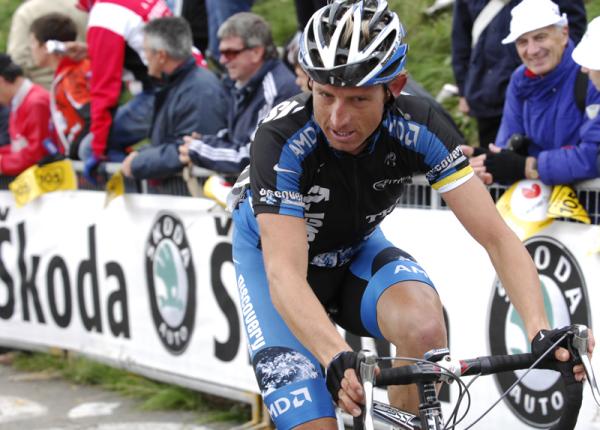Vaughters: Cycling Australia should not have turned its back on Hodge, White
Riders who confess are the "greatest asset" in anti-doping




Garmin-Sharp boss Jonathan Vaughters believes that Cycling Australia went too far in sacking Matt White and allowing Stephen Hodge to step away from his role as vice president.
Speaking to ABC radio on Monday morning, Vaughters said that despite having doped during their careers, both White and Hodge have a lot to offer the sport of cycling.
"When you take that away from Cycling Australia and you take away someone who had to deal with the emotional stress, the emotional duress of having to eventually just be beaten down to the point where they said 'Okay, fine, I'll do it because I don't want to give up the sport that I love' ... you're making the problem worse," Vaughters said.
"You're throwing away your greatest asset in the fight against doping, you're throwing away the greatest asset your young riders are going to have."
White was sacked from his role as men’s professional road coordinator, having been implicated in a 2010 email from Floyd Landis to USA Cycling which was then used as evidence in USADA’s case against Lance Armstrong and his associates.
Hodge, as a member of the Cycling Australia board, should have played a role in determining White’s future with the body however was forced to admit his own anti-doping violations and therefore was not present for the meeting last Tuesday night.
White was dismissed by Vaughters’ Garmin team in January 2011 because he contravened the team's strict anti-doping and medical referral rules when he sent Trent Lowe to Dr. Luis Garcia del Moral. Vaughters explained to the ABC that the decision to sack White came down to the Australian’s "poor judgement" rather than his own offences while riding, which Vaughters was unaware of.
Get The Leadout Newsletter
The latest race content, interviews, features, reviews and expert buying guides, direct to your inbox!
"But I would never fire him, or even consider it, for what he did before," Vaughters explained. "Because his stance as far as anti-doping was concerned was always very clear, in that he acknowledged that he did it to me privately and to the riders privately as well."